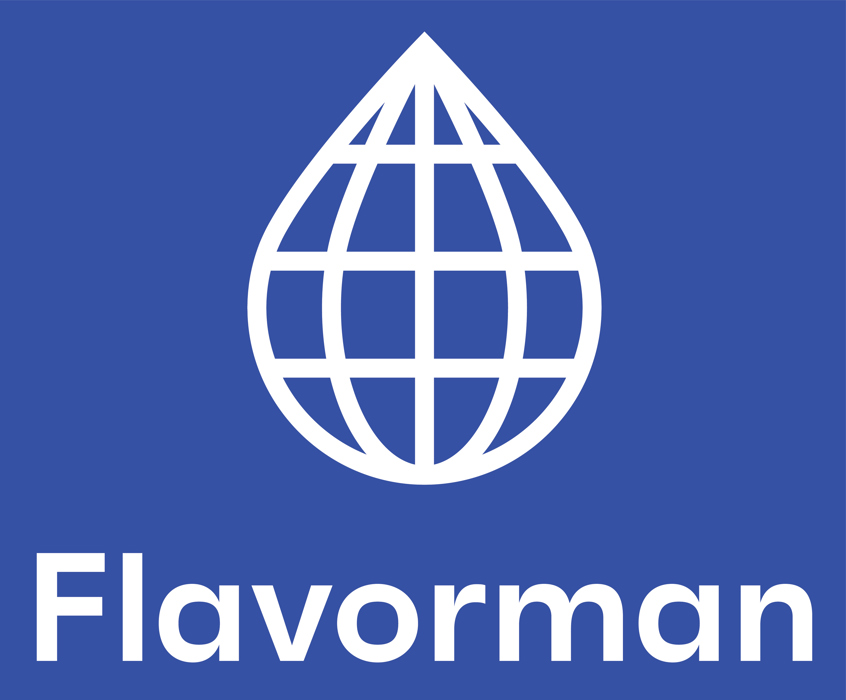As health-conscious and “sober-curious” consumers
continue to reshape the beverage industry, leading experts from Flavorman and Moonshine
University are sharing insights on the growing non-alcoholic (NA) spirits, how it is changing the
market, and the science behind the creations.
It’s no surprise there have been shifting trends in consumer preferences, especially the rise of
wellness-focused habits, “sober curiosity,” and demand for “better-for-you” options across all
categories. The surge in probiotic sodas, hydration drinks, non-alcoholic beers, wines, and spirits
reflects this growing movement. In the spirits sector, statistics show the industry has seen
reduced alcohol consumption among legal-age Gen Z consumers, a decline in demand for
premium, rarity-driven products, and a booming market for low ABV alternatives. Notably, nonalcoholic spirits are gaining traction, bolstered by significant investments from industry giants.
Flavorman, an industry-leading custom development company, has extensive experience in
creating zero-proof spirits for its customers. Tom Gibson, Certified Flavor Chemist and Chief
Flavorist at Flavorman, once thought the idea of a liquor with 0% ABV was a “pipe dream.”
However, Flavorman’s team of experts has found the right combination of analytical chemistry,
flavor science, and creativity that replicates elements of a traditional spirit.
The all-encompassing process begins with a chemical analysis of the target spirit’s
“fingerprint”—including trace amounts of congeners, fusel oils, and other volatile compounds.
Once the data is collected, flavorists interpret those results through a human lens, identifying
how specific compounds express themselves on the palate. Techniques also include the addition
of pure oak extracts, which simulate various barrel-aging effects—from char and tobacco to
vanilla and molasses.
Flavorman’s Research & Development team focuses on texture and consistency, mimicking the
thicker, oilier mouthfeel of alcohol that water-based products typically lack.
Clay Smith, Distillery Operations Manager at Moonshine University, a premier distillery
education facility, provides a perspective from the distilling side. While big-name breweries like
Guinness and Heineken have embraced identical, non-alcoholic versions of their products, many
distillers are still exploring the market. Smith believes the opportunities may lie in non-alcoholic
ready-to-drink (RTD) cocktails as a bridge between tradition and innovation.
“Moonshine University has consulted and developed prototypes for NA products in the past.
We’ve created what we call a ‘Crafted Flavor Product’ using traditional, though unconventional,
distilling methods to produce flavor concentrates for use in formulations,” Smith said. “Most
producers would like to contribute to the N/A market, but we don't see craft spirits losing steam.
Still, there’s potential for non-alcoholic RTD cocktails to be a very successful offering.”
As the demand for mindful consumption continues to grow, non-alcoholic spirits are no longer
just a “pipe dream.” Defined by craft, science, and innovation, this is the beverage category to
keep a close eye on.
For More Information:
Learn More
Stay Informed, Stay Competitive
Unlock the articles, expert interviews, and data reports that power the food and beverage industry. Join our community and stay ahead with exclusive insights from BevNET and Nosh.
